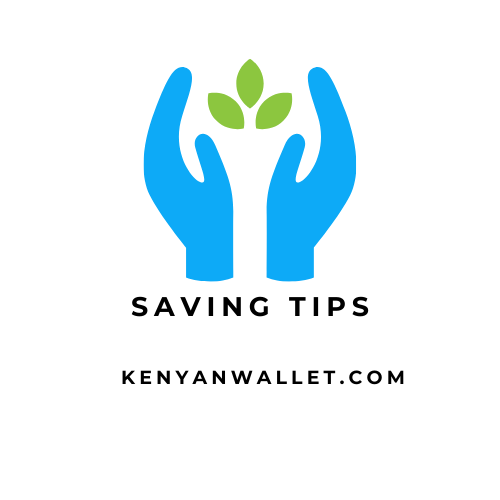Investing $1,000 in Kenya offers numerous opportunities for growth and financial gain. With careful planning and strategic choices, you can maximize your returns while managing risks effectively. Here’s a comprehensive guide on how to invest $1,000 in Kenya.
1. Stock Market
Nairobi Securities Exchange (NSE): The NSE is a prime destination for investing in Kenyan stocks. With $1,000, you can buy shares of well-established companies or promising small-cap stocks. Start by:
- Researching companies with strong financial health and growth potential.
- Diversifying your portfolio to spread risk.
- Use a licensed stockbroker to facilitate your trades and provide expert advice.
Unit Trusts: Unit trusts pool money from multiple investors to invest in a diversified portfolio of stocks, bonds, or other securities. They are managed by professional fund managers, offering:
- Diversification with lower risk.
- Professional management, making it suitable for beginners.
- Potential for steady returns over time.
2. Bonds
Government Bonds: Investing in government bonds is a secure way to earn fixed-interest returns. The Kenyan government periodically issues Treasury bonds and bills, which are:
- Low-risk investments with guaranteed returns.
- Available through the Central Bank of Kenya or licensed brokers.
- Ideal for those seeking stable, long-term investments.
Corporate Bonds: Corporate bonds are issued by companies to raise capital and typically offer higher returns than government bonds. However, they come with higher risk. Research the issuing company’s financial health and industry performance before investing.
3. Savings and Fixed Deposits
High-Yield Savings Accounts: Banks in Kenya offer savings accounts with competitive interest rates. This option provides:
- Security of your principal amount.
- Easy access to your funds.
- Modest but stable returns.
Fixed Deposit Accounts: Fixed deposits require you to lock in your money for a predetermined period in exchange for higher interest rates compared to regular savings accounts. Benefits include:
- Higher interest earnings.
- Low risk and guaranteed returns.
- Various tenure options to suit your investment horizon.
4. Real Estate and REITs
Real Estate Investment: While $1,000 might not be enough to buy property, it can be a starting point for investing in real estate-related ventures. Consider:
- Real Estate Investment Trusts (REITs), pool funds from investors to purchase and manage income-generating properties.
- Participating in real estate crowdfunding platforms that allow small investors to contribute to property developments.
Sacco Investments: Savings and Credit Cooperative Organizations (SACCOs) in Kenya offer opportunities to invest in real estate and other ventures. Benefits include:
- Higher returns compared to traditional savings accounts.
- Access to credit facilities and dividends.
- Participating in member-driven investment projects.
5. Small Business and Entrepreneurship
Starting a Small Business: With $1,000, you can start a small business catering to local demands. Potential ventures include:
- Mobile food vending.
- E-commerce and online retail.
- Agribusiness, such as poultry farming or vegetable farming.
Investing in Existing Businesses: Consider investing in small businesses or startups with growth potential. This can be done through:
- Microfinance institutions that support small enterprises.
- Peer-to-peer lending platforms where you can lend to small business owners for a return.
Summary
Investing $1,000 in Kenya offers a variety of avenues for growth, from the stock market and bonds to real estate and small businesses. Diversifying your investments can help mitigate risks and maximize returns. Conduct thorough research, seek professional advice, and choose investments that align with your financial goals and risk tolerance. With careful planning and prudent choices, your $1,000 can pave the way to substantial financial growth and stability in Kenya’s dynamic economic environment.




